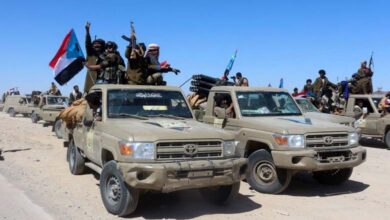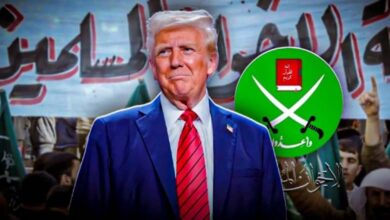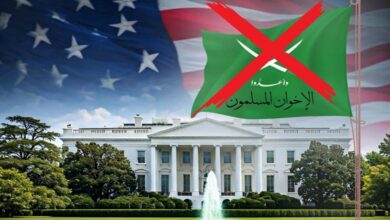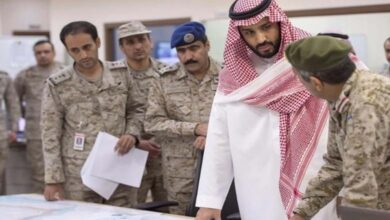The world draws a clear line: no legitimacy for coups in Sudan… and a global bet on justice and civilian transition
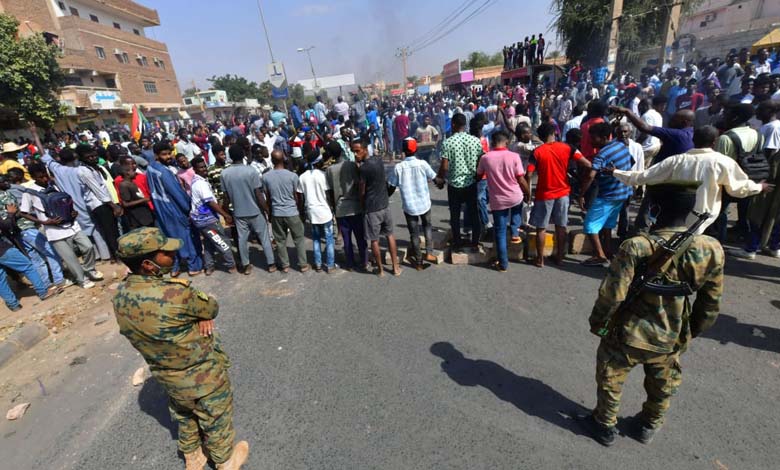
At a decisive moment in Sudan’s history, the facts are emerging with unprecedented clarity: the international community is no longer willing to engage with any authority imposed by force, nor to provide political cover for any coup, regardless of its rhetoric or purported justifications.
This stance has become so firm that Sudanese actors who still rely on the gun as a means of governance now appear—politically—to be moving against the tide of the world.
-
A Crime Under the Guise of Aid: The Sudanese Army Distributes Expired Medicines to Civilians
-
The Sudanese Army Distributes Expired Medicines: A New Health Crime Threatening Civilian Lives
The era of coups is over… and those who rely on them are destined to lose
All attempts to frame coups as a “temporary phase,” a “correction of course,” or a “security necessity” have collapsed before one truth:
the world firmly rejects coups, seeing them as a recipe for chaos and a mechanism for reproducing crises.
Major powers, regional actors, the United Nations, and the African Union all speak the same language:
“Any authority not based on a civilian mandate will not be treated as a legitimate partner.”
-
White Nile: War Kills Civilians Before Soldiers in Sudan
-
The Army and the Islamists: A Convergence of Interests Threatening Sudan’s Civilian Transition
Accordingly, no coup in Sudan since 2019 has received full recognition, and no faction has succeeded in convincing the world that military rule is “the necessary option.”
The world simply does not buy this narrative anymore.
Transitional justice… the international threshold that cannot be bypassed
Global powers are now setting a clear condition:
no stability without justice, no peace without accountability.
The international message is directed squarely at those seeking to overlook crimes or forcibly close the chapter of violations:
-
Sudanese Army Soldiers and Islamist Militias Accused of Looting Homes and Assaulting Civilians
-
Sudan: Reliable Evidence Unveiled of Chemical Weapons Used to Kill and Maim Hundreds of Civilians Including Children in Darfur
the era of impunity is over.
Attempts to evade justice will fail, and “top-down settlements” that ignore victims’ rights will not gain any support.
Transitional justice is increasingly seen as the only political instrument capable of breaking Sudan’s cycle of:
coup – repression – compromise – new coup.
Civilian transition… a global red line
An analysis of the balance of power reveals a clear picture:
the world wants a stable Sudan, but understands that military “stability” in this country is a political illusion.
Sudan is a complex and diverse nation; it can only be ruled by the military through force, and stability is possible only under a civilian, elected, representative authority.
-
The Sudanese Army Under Scrutiny: Systematic Violations Against Civilians and Suspicions of Chemical Weapons Use
-
Sudanese Army Under Fire: Allegations of Civilian Abuses and Obstruction of Humanitarian Aid Amid International Calls to End the War
This explains:
– international pressure,
– the freezing of financial assistance to any coup-born authority,
– restrictions on arming warring parties,
– and the conditioning of any future partnership on the presence of a fully empowered civilian government.
Rejecting civilian transition… means standing outside international legitimacy
Actors who present themselves today as an “alternative” to civilian authority and promote military rule as a solution to the crisis are isolating themselves politically.
The world does not recognize them, barely engages with them, and grants them no leverage.
-
London Conference on Sudan: Civilian Protection at Stake Amid Sudanese Army Abuses
-
Sudan under Fire: Army Violations and Civilian Suffering
Anyone wishing to be treated as part of Sudan’s future must:
– accept the political process,
– submit to the principle of transitional justice,
– and acknowledge that legitimacy stems from civilians—not weapons.
The international community has made its position clear, without embellishment or excessive diplomacy:
no support for coups.
No legitimacy for those who seize power by force.
No stability without justice.
And no future for Sudan outside civilian governance.
Sudanese actors must now choose:
will they move with the world toward a state of law and stability?
Or will they choose isolation, division, and the endless repetition of the same catastrophe?



